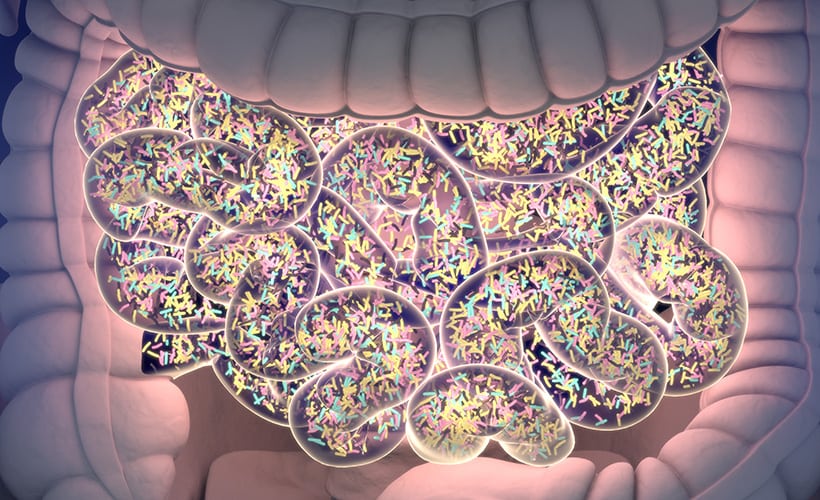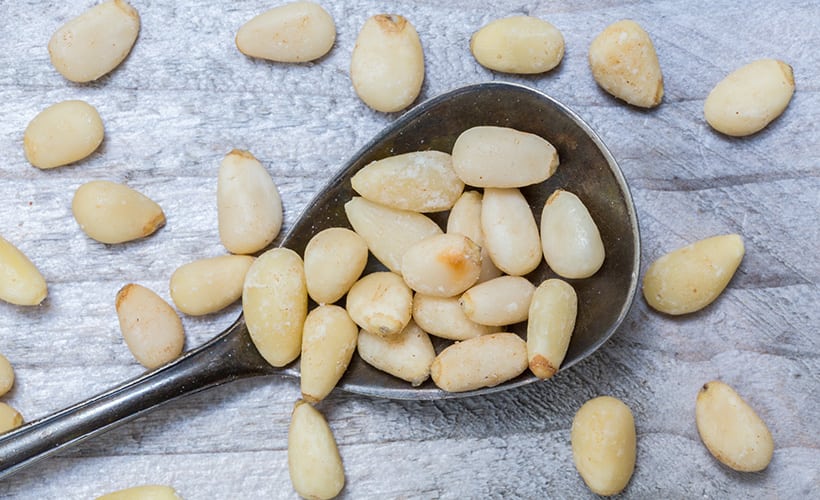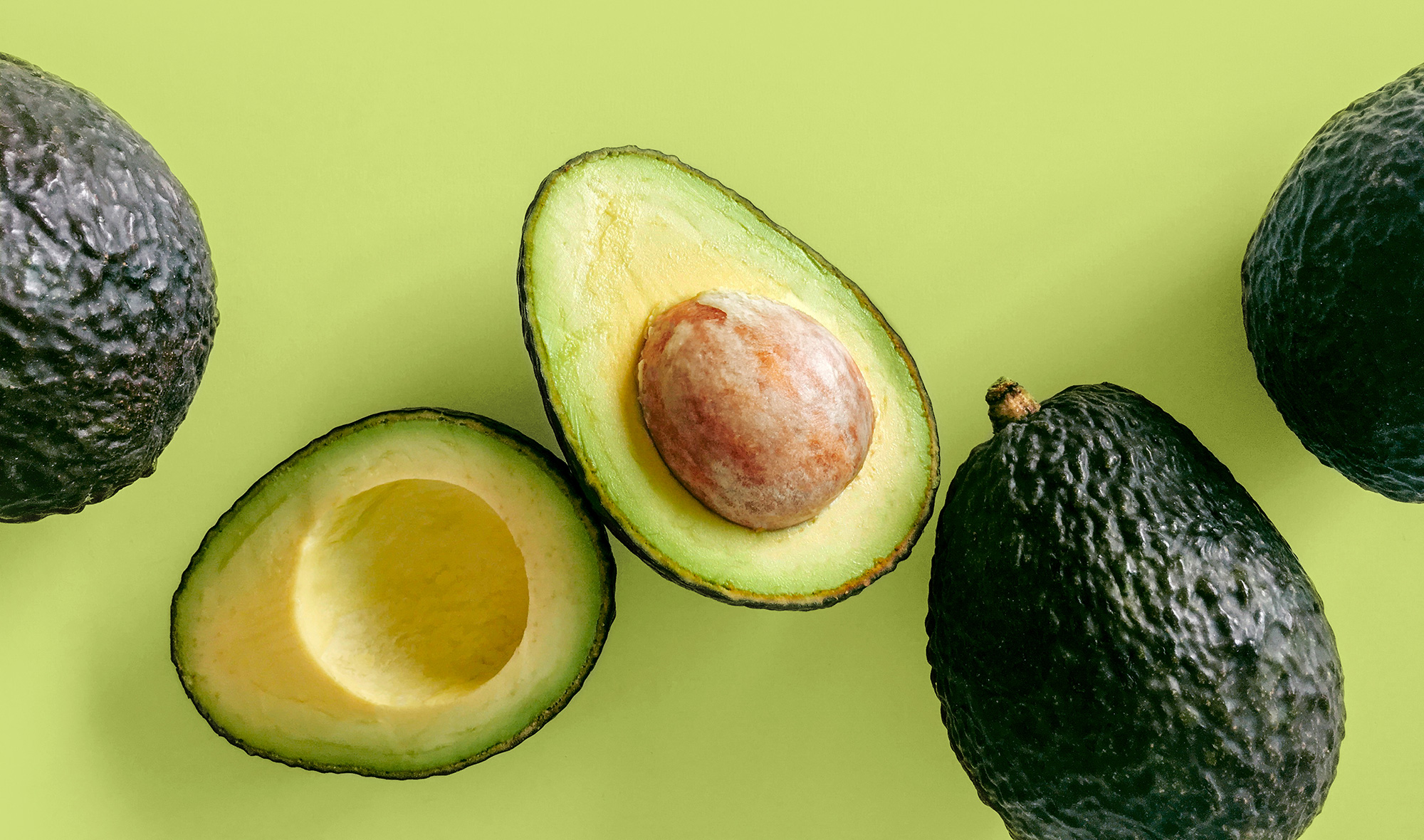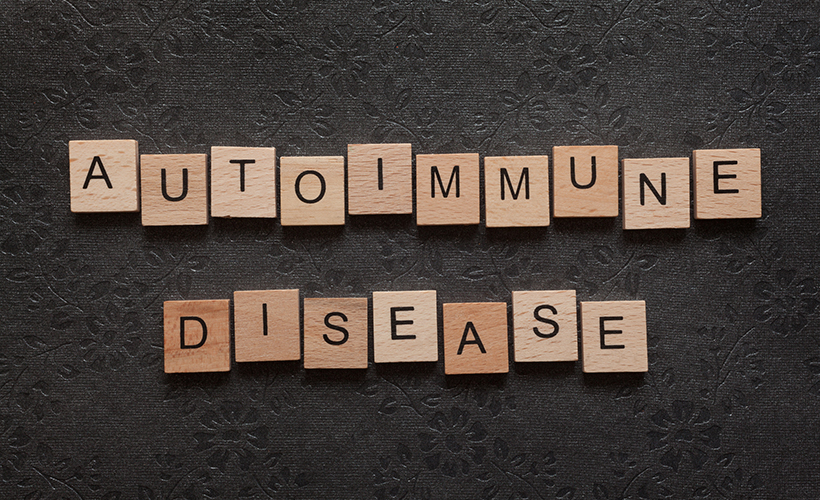New science around probiotics proves that the bacteria (or bugs) that live in your intestine have a huge impact on the function of your body and your mind. The ‘human biome’ is the term for the bugs that live on us. These are mainly in our gut but also on our skin, and in our lungs and urinary tract. Dysbiosis is when things get out of balance with these bacteria.
Your microbiome is like another entire organism that is tuned in to the needs of your body. It has such a big influence on your health that it is important to look after your biome by using diet, lifestyle and (when appropriate) probiotics.
Research shows that the bacteria that live in your gut are essential for your immune system to work properly. They help with your digestion and hormone balance. These bacteria also help provide you with energy and they are good for your heart.
Scientists are learning more and more about probiotics and how these affect the amount and they types of bacteria in our gut. A few years ago the only way to know which bugs were living in your bowel was to take a sample and see what could be grown in the laboratory. Now with being able to look at the DNA of bacteria, scientists can be much more accurate about which bugs live where and what benefit they are to us human beings.
We know that there are more bugs in our body than human cells. We have evolved together to live in harmony with these bugs and them with us. They need to be healthy for us to be healthy.
There is a huge variation between individuals in the bacteria that live in and on us. Some bacteria seem to live permanently in our gut and others influence our health while they are just passing through. Scientists have also found that some bugs are specific to the individual but many of the human biome bacteria are in most people.
Bifidobacterium is one of the groups of bugs that we all have. This group of bacteria has a positive effect on our immune system. This is the largest group of bacteria in the gut of breast fed babies. The amount of these bacteria reduces as we get older.
Lactobacillus is a group of bacteria that are thought to be ‘just passing through’ our bowel and might not live in our gut all the time. Some scientists think that Lactobacillus might be mainly living in our mouth for instance. All the same they do pass through the gut and are shown to stimulate our immune function while they are there.
Both of the above types of bacteria and many others have a lot of positive effects on our health.
There any many things that can mess up the balance of the bugs that live in our gut or make those bacteria unhealthy. Things that influence our microbiome include poor digestion (e.g. from low stomach acid) and physical or mental stress. Of course our diet affects our bacteria as it influences what the bugs have to eat. It is especially important to eat enough fibre (in vegetables and fruit) as this is essential for the bugs to live on. Food poisoning or traveller’s diarrhoea affects our human biome as does the use of antibiotics
It is important to have healthy bugs in our gut to keep us healthy. There are number of health conditions that appear to be influenced by the levels and types of bacteria living in our intestine.
- The connection between the bacteria in our gut, energy production, inflammation and obesity-related disorders is becoming increasingly recognised.
- Changes in gut bacteria have been noted in children with autism.
- Many studies show a link between dysbiosis and IBS (irritable bowel syndrome).
- Our gut bacteria are able to produce molecules that work in our brain (like serotonin). In fact more than 90% of our serotonin is produced in our gut.
- Probiotics help block viruses getting into our body and have been shown to reduce chest infections.
- Bacteria in gut make some of our nutrients including a range of B vitamins, Vitamin K and some amino acids.
- Bugs in your gut can bind some heavy metals so they can be excreted from the body.
- Research shows that taking probiotics reduces the chance of yeast infection (thrush) after antibiotics.
There is a lot of good research now about which specific bacteria do which jobs in our body. There are also many many probiotics on the shelves and it can be confusing. Some are for when you are taking antibiotics and others for if you have Irritable bowel syndrome. There are some specific for pregnant or breastfeeding mothers and some to improve your immune system.
If you are looking for a probiotics make sure you ask the pharmacy staff for help you so that they can help you choose the probiotic that is best for what you need at the moment.
Written by Linda Caddick
This blog provides general information and discussion about medicine, health and related subjects. The information contained in the blog and in any linked materials, are not intended nor implied to be a substitute for professional medical advice.
















Community